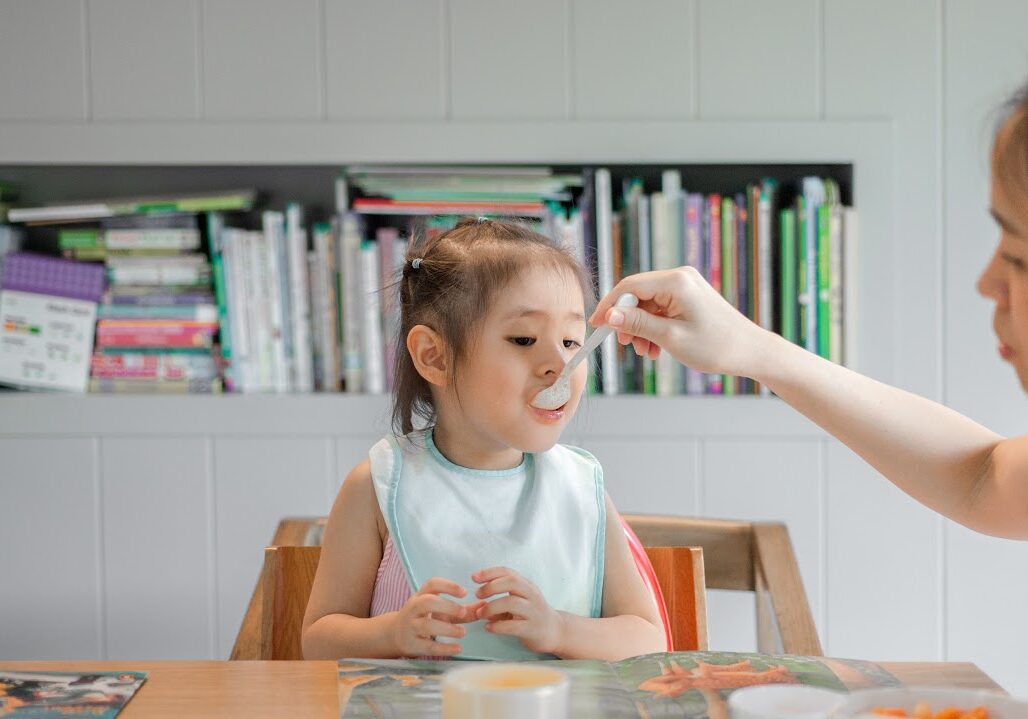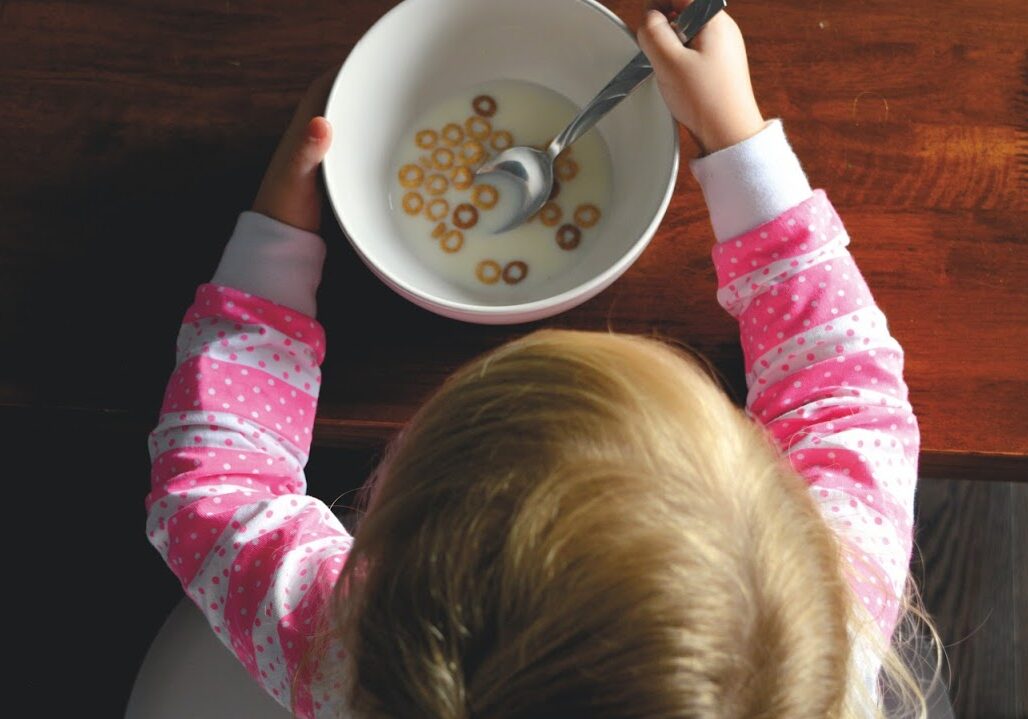Method
Method
As a mother, I know how important it is when your child eats well. But, I also understand how important it is for families to define their own approach. The way of working allows of course individual preferences, and parenting styles and is customized. Together, we work towards an ideal outcome that fits your family situation.
Groente & Meer utilizes the certified VIPP-FI method (Video Intervention on Positive Parenting - Feeding Intervention). This method involves exploring different developmental stages of your child. It involves reviewing video recordings of meal times at your home and providing positive guidance. We observe your child's various eating cues and what they mean.
After completing one or more VIPP sessions, you'll be equipped to handle various mealtime situations and know which approach works best for you and your child.
For more information about the VIPP method, visit: http://vippleiden.com/
4-6 months: The first bites
Your child has been only drinking milk until now and is now ready to try the first solid foods. How will it react? What specific eating cues will your child show you, and how should you, as a parent, respond to them? How can you ensure that your child gets enough nutrients? How varied can their diet be, and what rules and habits are good to implement? We can help to answer all your questions.


7-8 months: Practicing with texture
Your child is now accustomed to various bites and flavors. You're slowly transitioning to 'real' food, meaning more solid pieces in the meals and more variation in shape and texture. Why is this so important? And what is your child telling you if they refuse or only want pureed food? What can you do in such situations? With a session, you'll receive advice on how to approach this.
12-13 months: Eating what is served
Your child is becoming more and more independent. But what if your child doesn't want to cooperate and is being stubborn? How do you cope with such a behavior? We explore how to positively encourage their eating behavior using sensitive parenting. This means observing your child and responding as a parent.


16-18 months: Doing everything by themselves
Your child is developing their personality with their own will. Maybe you didn't have any eating problems yet, but that can suddenly change now. What your child used to enjoy, they may no longer like, or they may suddenly eat much less. How do you deal with this change? And what is considered normal? You'll receive various tips and tools to manage any challenging behavior at the table.